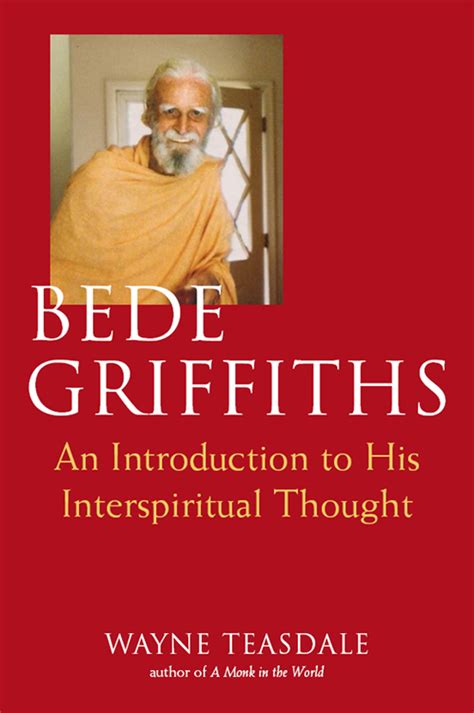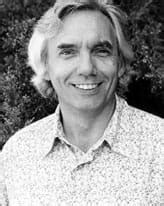A Quote by Thomas Keating
By deepening the spiritual dialogue between the spiritual traditions of the various religions in a spirit of friendship, one begins to understand just what the classical terms of the various spiritual traditions really mean.
Related Quotes
All the classical meditation traditions, in one way or another, stress nonattachment to the self as a goal of practice. Oddly, this dimension is largely ignored in scientific research, which tends to focus on health and other such benefits. I suppose the difference has to do with the contrast in views of the self from the spiritual and scientific perspectives. Scientists value the self; spiritual traditions have another perspective.
The spiritual traditions of all the religions have certain similarities that are unmistakable. They share many of the same basic practices like sacred reading, spiritual guidance, moderation in eating, drinking and sexual expression, and above all, trying to be aware of the presence of God in other people and in everyday life.
In the mystic traditions of the different religions we have a remarkable unity of spirit. Whatever religion they may profess, they are spiritual kinsmen. While the different religions in their historic forms bind us to limited groups and militate against the development of loyalty to the world community, the mystics have already stood for the fellowship of humanity in harmony with the spirit of the mystics of ages gone by.
Beyond these models of reconciliation, a theology of mysticism provides some hope for common ground between Christianity and Islam. Both religions have within their histories examples of ecstatic union with God, which seem at odds with their own spiritual traditions but have much in common with each other.
The use of drugs like mescaline may serve an appropriate purpose. Indeed, "Psychedelic" drugs have been widely used in the spiritual traditions of the world, including the Yoga of Patanjali, though they were never advertised as ultimate keys to enlightenment, merely as stepping-stones on the spiritual path.
When we respect our blood ancestors and our spiritual ancestors, we feel rooted. If we find ways to cherish and develop our spiritual heritage, we will avoid the kind of alienation that is destroying society, and we will become whole again. ... Learning to touch deeply the jewels of our own tradition will allow us to understand and appreciate the values of other traditions, and this will benefit everyone.
A kernel of truth lurks at the heart of religion, because spiritual experience, ethical behavior, and strong communities are essential for human happiness. And yet our religious traditions are intellectually defunct and politically ruinous. While spiritual experience is clearly a natural propensity of the human mind, we need not believe anything on insufficient evidence to actualize it.




































